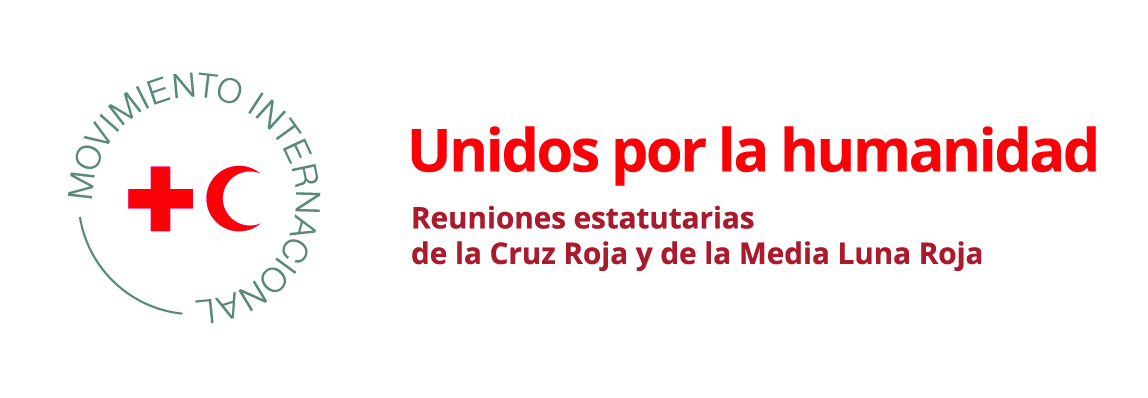Acciones tomadas:
Actions
– Swedish Red Cross has supported EVCAs in several projects, which includes natural resource management as a key area when strengthen community resilience.
– Environmental screening in several countries with NEAT+ (e.g. Bangladesh and Syria) has been conducted along with analysis on how climate change is affecting the communities in several resilience projects as a way to ensure the project are climate-smart and reduce the risk of further environmental degradation.
– Swedish Red Cross is supporting the scale up of Nature-based Solutions, e.g:
o Postcode lottery funded NbS project in Mocambique and DRC (eg. bee hives for livelihood and bamboo and vetiver plantation to reduce soil erosion)
o Climate-change adapted and sustainable agriculture in Liberia.
o Rooftop and community gardens in Palestinian camps in Lebanon for MHPSS and social cohesion
o Natural terracing to protect against riverbank erosion and hafir (natural water reservoirs) rehabilitation in Sudan
o Landslide prevention and soil stabilization using plants in Bangladesh and Myanmar
– Swedish Red Cross has identified NbS as an area for its policy work, currently under development.
– Swedish Red Cross supported the development of the Nature Navigator, the NbS handbook.
– Under the Postcode lottery project, the Swedish RC is cooperating with WWF in Mozambique.
– The Guide to Climate-smart Programming has been introduced at HQ and will be rolled out in the SRC country offices during 2024.
– Through SRCs supported resilience projects, early warning systems at community level have been established, community disaster response teams formed, and contingency planning done, allowing communities to act ahead of an adverse event. Examples of this can be found in Bangladesh, Liberia, and DRC. In Mozambique, SRC is supporting the NS to implement a project, which allows for immediate humanitarian action within a long-term climate-smart resilience project, e.g. through a crisis modifier. Similar modalities are being explored in terms of developing forecast-based triggers to release funding for disaster-prone communities to reduce the impact of climate change. This is also being explored in other countries such as Bangladesh.
– Swedish Red Cross is leading the Movements Global Working Group on DRR (together with NLRC and Hongkong RC) and will be hosting the next physical meeting in Stockholm, second half of 2024.
Challenges:
– The trend of more funding being dedicated to humanitarian action, and less for long-term resilience, is concerning as the root causes of risk will remain.
– Furthermore, a decreasing focus on nexus between Sida HUM and Sida CivSam is a challenge when bridging long-term resilience and adaptation to responses.



